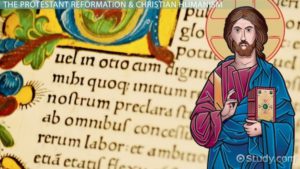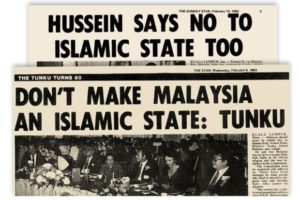
The Humanist UK website describes a “humanist” as someone who (1) trusts the scientific method when it comes to understanding how the universe works and rejects the idea of the supernatural (and is therefore an atheist or agnostic), (2) makes ethical decisions based on reason, empathy and a concern for human beings and other sentient animals, and (3) believes that, in the absence of an afterlife and any discernible purpose to the universe, human beings can act to give their own lives meaning by seeking happiness in this life and helping others to do the same.
Presumably, this description would be accepted as a representative view by contemporary humanism movements. This view of humanism rejects supernaturalism and reduces human beings to materialistic objects without souls which would be antithetical to Christian beliefs. On the other hand, Christianity affirms virtues like empathy and concern for human beings and the importance of realizing meaning and happiness in this life. Continue reading “Christian Humanism”
